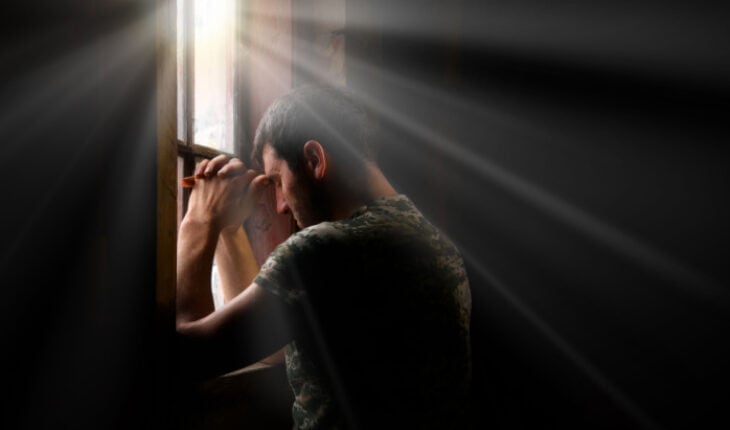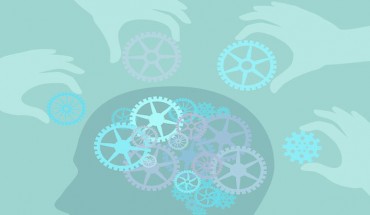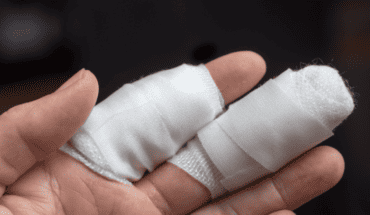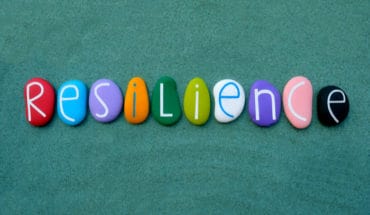Anyone can experience Post Traumatic Stress Disorder from something distressing that they have seen, experienced or that has happened to someone close to them.
Around 1 in 10 people in the UK are expected to experience PTSD in their lives and with the stigma surrounding PTSD and mental health, may will not get the help they need.
Women aged 16-24 are most likely to screen positive for PTSD however in the 55-64 category, PTSD was more common in men.
It is perfectly normal to feel any of the following after a traumatic event:
- Elation/an adrenaline buzz
- Anger
- Confusion
- Flashbacks and bad dreams
- Depression
What is PTSD?
Post-Traumatic Stress Disorder (PTSD) is a mental health condition that develops for some people after a experiencing or witnessing a traumatic event.
There are different types and levels of PTSD that depend on the symptoms you have.
The effects of PTSD can last long after the event and symptoms may not even appear for 6 months.
Symptoms of PTSD
Generally, it is advised to encourage professional help if a person is experiencing the following symptoms four or more weeks after a trauma.
Symptoms that could indicate someone may be developing PTSD, if they are still apparent weeks after the event:
- They remain very upset or fearful
- Continue to experience intense, ongoing feelings of distress.
- Begin to withdraw from family or friends and avoid social situations.
- Have ongoing trauma-related nightmares and feel jumpy or on edge.
- Continually obsessing about the trauma.
- Have lost their enjoyment in life.
- Have intrusive thoughts, feelings or sensations that are interfering with usual activities.
If you are unsure if you or a loved one is experiencing PTSD or are worried about their welfare, talk to a health professional.
How to cope with flashbacks
Flashbacks can be very distressing, but there are things you can do that might help. MIND offer the following tips:
- Focus on your breathing. When you are frightened, you might stop breathing normally. This increases feelings of fear and panic, so it can help to concentrate on breathing slowly in and out while counting to five.
- Carry an object that reminds you of the present. Some people find it helpful to touch or look at a particular object during a flashback. This might be something you decide to carry in your pocket or bag, or something that you have with you anyway, such as a keyring or a piece of jewellery.
- Tell yourself that you are safe. It may help to tell yourself that the trauma is over and you are safe now. It can be hard to think in this way during a flashback, so it could help to write down or record some useful phrases at a time when you’re feeling better.
- Comfort yourself. For example, you could curl up in a blanket, cuddle a pet, listen to soothing music or watch a favourite film.
- Keep a diary. Making a note of what happens when you have a flashback could help you spot patterns in what triggers these experiences for you. You might also learn to notice early signs that they are beginning to happen.
- Try grounding techniques. Grounding techniques can keep you connected to the present and also help you cope with flashbacks or intrusive thoughts. For example, you could describe your surroundings out loud or count objects of a particular type or colour.
What triggers flashbacks?
Some people find certain experiences, situations or people seem to trigger flashbacks or other symptoms of PTSD.
These might include specific reminders of past trauma, such as smells, sounds, words, places or particular types of books, films or gaming. Some dates or anniversaries may be particularly difficult for people as well.
What to do following trauma?
Speak when you are ready to, for some people telling everyone is helpful, whereas others may need a long time before they are ready to share their experience.
Most people’s discomfort or upsetting thoughts will naturally improve over the course of a few weeks after the event. However, you should go and see your GP if you are still experiencing issues after around 4 weeks, or your symptoms are severe.
Be kind to yourself and understand that your mind will take time to heal too.
Helpful advice and support for PTSD
Assist Trauma Care is a charity that specialises in PTSD
Combat Stress – combatstress.org.uk – Treatment and support for British Armed Forces Veterans
Rape Crisis – rapecrisis.org.uk
Disaster Action – Information and support for people affected by major disasters
Victim Support – Providing support and information for victims and witnesses of crime.
- What is a seizure? - 13th March 2025
- Febrile Convulsions and Seizures in Children - 13th March 2025
- Why women are less likely to receive CPR or survive cardiac arrest - 6th March 2025







